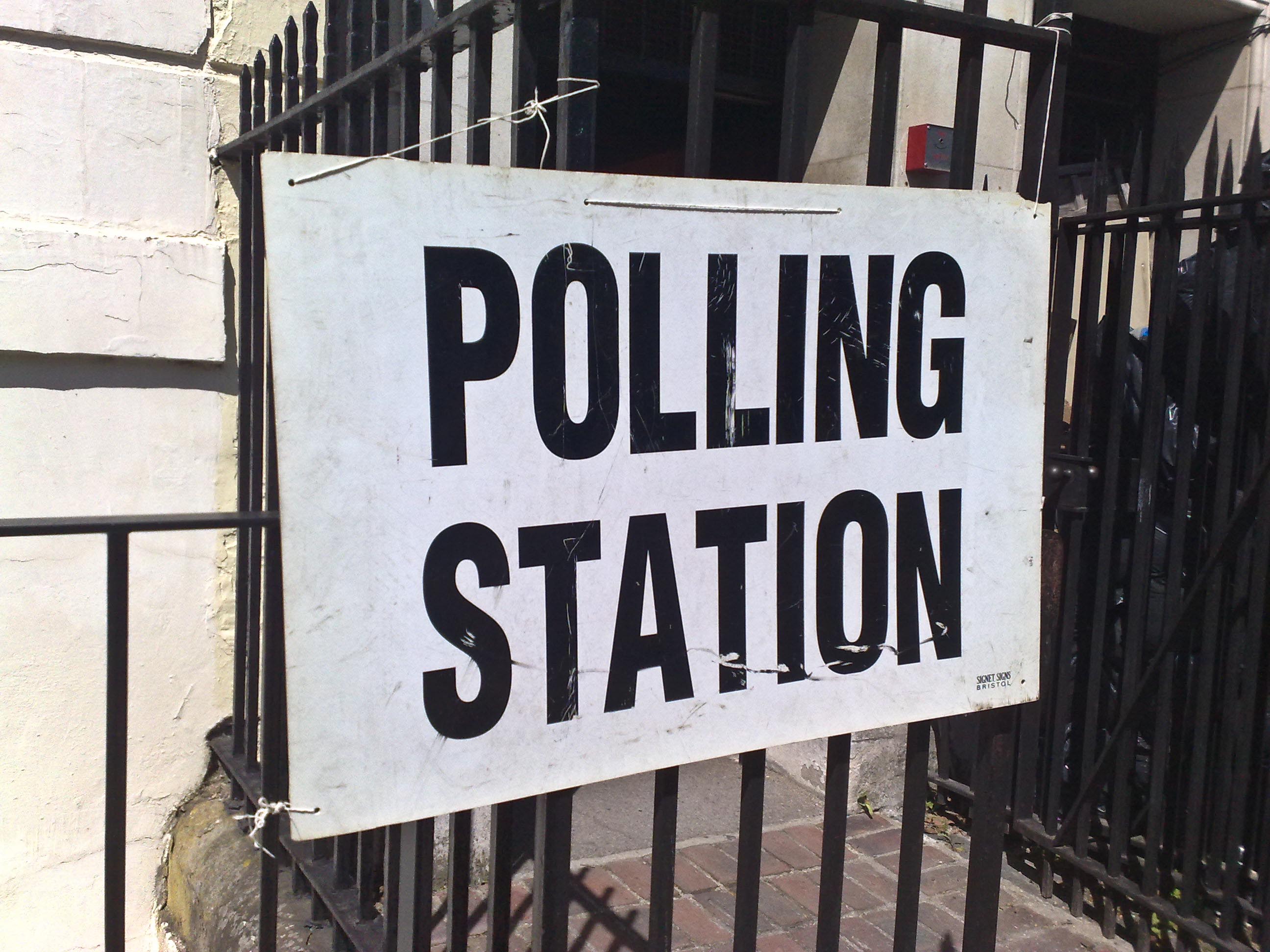This piece was originally posted on Al Jazeera.

If you haven’t been paying too much attention to British politics you might be forgiven for thinking it’s all Brexit, all the time.
The issue has consumed almost the entire political system and driven every significant political decision in the country for the past few years.
So when Britain’s main opposition Labour Party said it would support Prime Minister Boris Johnson‘s call for a December election, many assumed it would surely be a “Brexit election”.
And yet, it is unlikely to be that simple.
The immediate cause of the election is the inability of the current British Parliament to agree on how to proceed with Brexit.
Having given its notice to leave the European Union back in 2017, the UK has only ever had three options: leaving with a deal, leaving without a deal or not leaving at all.
But, among MPs, there has been no clear majority in favour of any of those. About the only thing that they have consistently agreed upon is that no-deal is not an acceptable outcome – although that hasn’t proven to be the same thing as opting for one of the other options.
But that Brexit blockage has been made of proper consequence by party political choices, most obviously the decision by Theresa May in 2017 to hold a general election.
That vote, held just before the start of Brexit negotiations with the EU, was also expected to be a “Brexit election”, a chance to debate different options as the UK went on its way.
But Brexit became something of a side issue as other areas of policy and the competence of May and her Labour opponent, Jeremy Corbyn, dominated discourse. In the end the very substantial gains made by Labour in that election had nothing to do with Brexit policy and everything to do with the more general impressions that both leaders created.
In 2017, the difference in Conservative and Labour Party policy on Brexit was relatively slight. Now the gap is wider, as the former seeks to secure approval for Boris Johnson’s version of the Withdrawal Agreement, while the latter talks of further negotiations ahead of a referendum, potentially with an option to remain on the ballot.
The political differences over Brexit have been made starker by the relatively strong showing in recent EU elections of the Liberal Democrats, which wants to remain in the EU, and the Brexit Party, which wants to leave without a deal.
In short, there are now some important and distinct choices on offer over Brexit, so it is easy to assume people might be moved to make that their main grounds for picking a party.
But that is to misread the extent to which the British public cares about Brexit.
For the past three years, there has been something of a blockage in dealing with other matters of policy, from education and health, to welfare and the economy – the kinds of issues that people have historically placed a lot of importance on.
What that means for political campaigning has been neatly demonstrated by Boris Johnson since he become prime minister in the summer: plenty of announcements about new investments in public services and the promise of what the UK could be like, if only Brexit could be dealt with.
Jeremy Corbyn, in his comments about the coming election, was not very far from this approach either, talking about his vision for British society.
Both main parties have internal divisions over Brexit, so even talking about their opponent’s problems risks drawing attention to their own splits. It is much simpler to agree that Brexit needs to be dealt with, so everything else can be unlocked.
This is perhaps the biggest irony of Brexit: exactly because it is such a big issue, it becomes hard to pack in a way that can be communicated and sold to voters.
Yes, it is something that voters recognise as important, but as the fading fortunes of the single-issue Brexit party have demonstrated, it is not important enough to make the rest of political life irrelevant.
“Brexit” is a very open term, and contains many ideas about what could and should be. To just use that word to shape everything is to risk turning voters off as much as turning them on.
It might seem that Brexit is going to last forever, but politics is also about hope and planning for the future, so do not be surprised to see parties talk a lot about what comes after Brexit this campaign season, even as they continue to fight hard over how that plays out.
